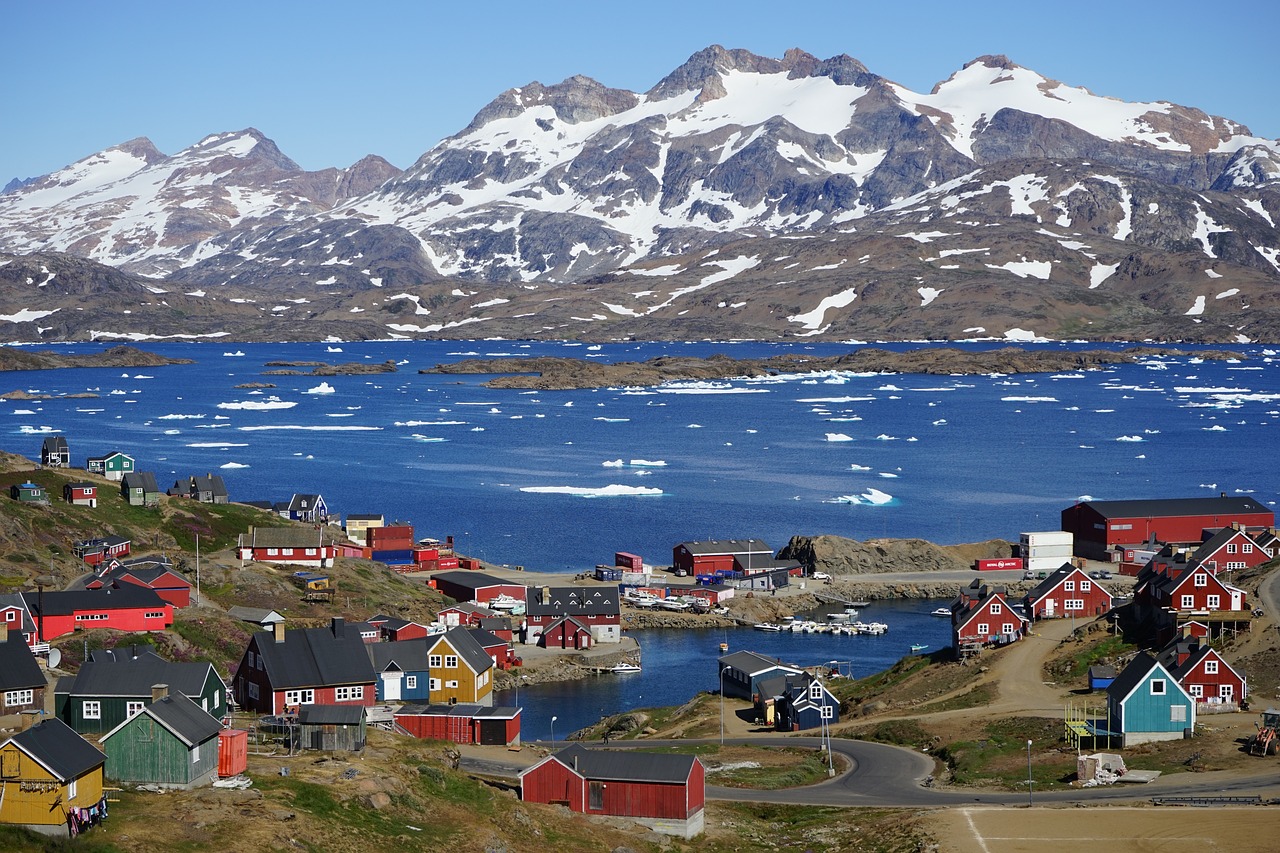Goal 1: The green transition shall generate both development and opportunities for people and businesses in all parts of the Nordic Region, including cities and rural areas
Work focused on regional development and good spatial planning is important in order to create the right conditions for a sustainable green transition. It is crucial for land-use planning in the Nordic countries to promote sustainable living environments characterised by a reduced climate footprint, the preservation of biodiversity and eco-system services in an altered climate. Regional policy and physical planning in the Nordic countries are important tools for succeeding in this. Nordic co-operation within regional development and planning shall contribute towards promoting a green transition in the Nordic Region – a transition that will generate development, opportunities and both regional and local advantages in all parts of the Nordic Region, including cities and rural areas.

Sub-goal 1.1: There shall exist a good knowledge basis on, and processes for, efficient land use and prioritisation in the Nordic countries
The green transition requires the prioritisation of land areas for renewable energy production, food production, forestry, outdoor recreation, nature and natural heritage protection and green business development. The use of land entails challenges that span municipal, regional and national borders, and which require solutions that leverage geographic potential in an optimal manner. At the same time, it is also necessary to view local land use as part of a larger vision and to mitigate conflicts of interest. Nordic co-operation within regional development and planning must work in the name of better land use and to promote the development and testing of methods and processes.
Sub-goal 1.2: Cities and rural areas must have good conditions in order to benefit from the opportunities inherent to the green transition
The Nordic countries are facing a number of interlinked societal challenges that span across national borders – the green and digital transitions, demographic changes, issues relating to skills supply and development, and the development of transport and infrastructure. It is important to promote initiatives that contribute towards solving the specific and practical challenges faced by cities, and in particular by rural areas, in benefiting from the opportunities inherent to the green transition. Nordic co-operation within regional development and planning must work to promote the opportunities of both cities and rural areas to derive benefit from the green transition and to unlock and harness the potential that exists for smart and sustainable development.